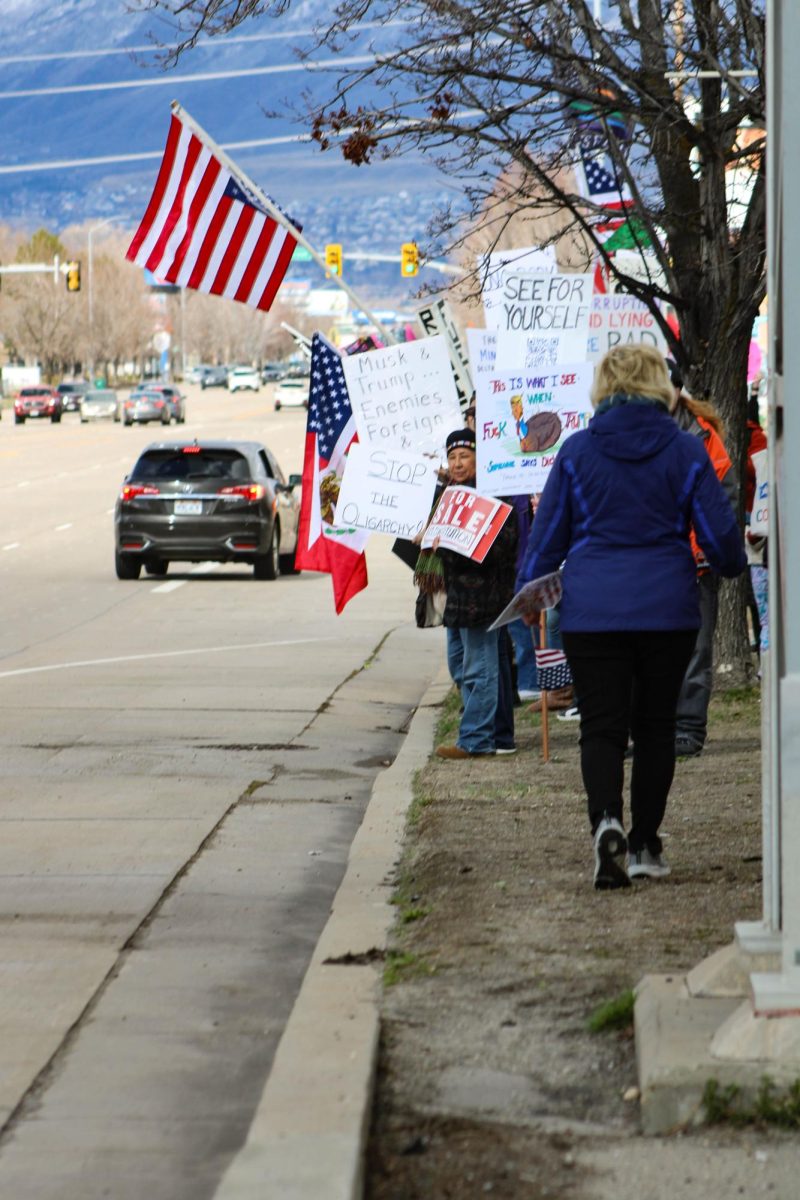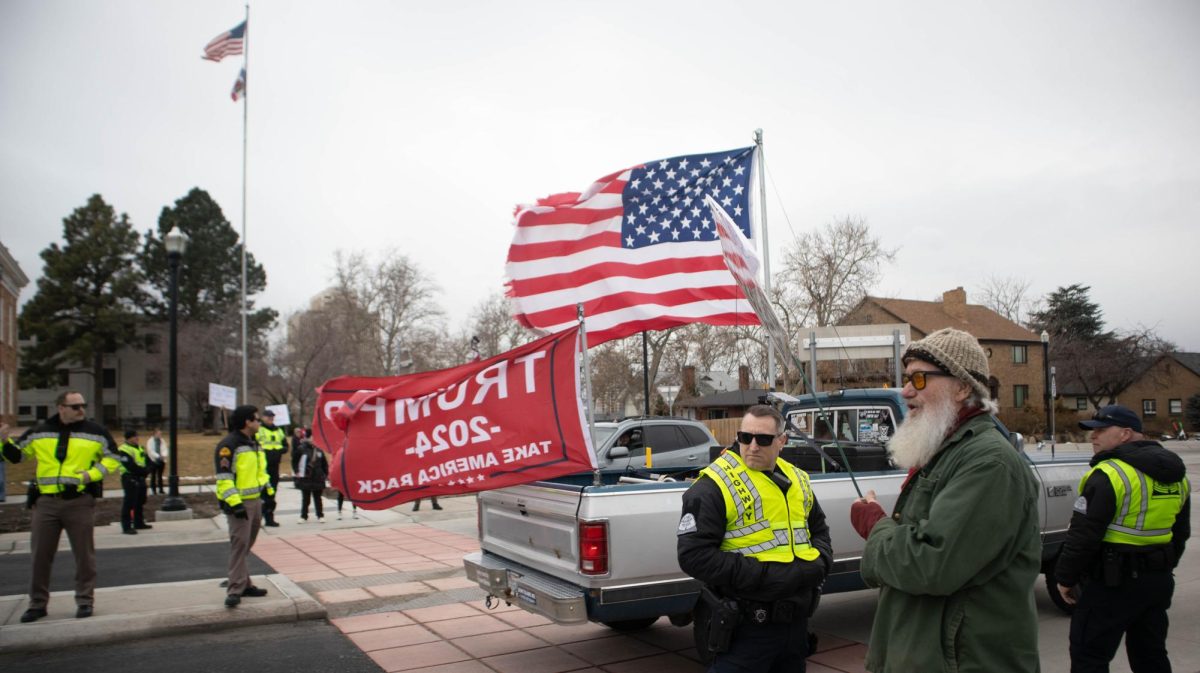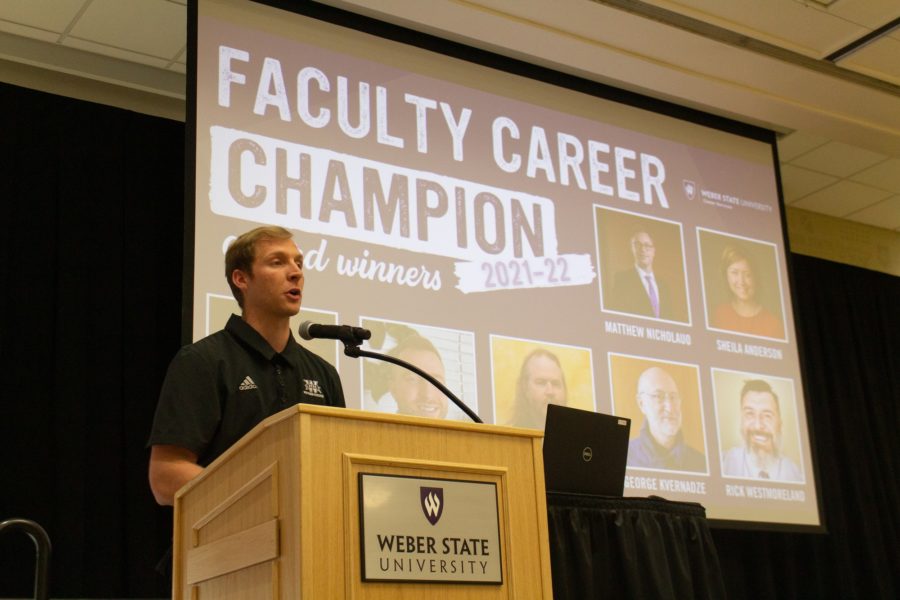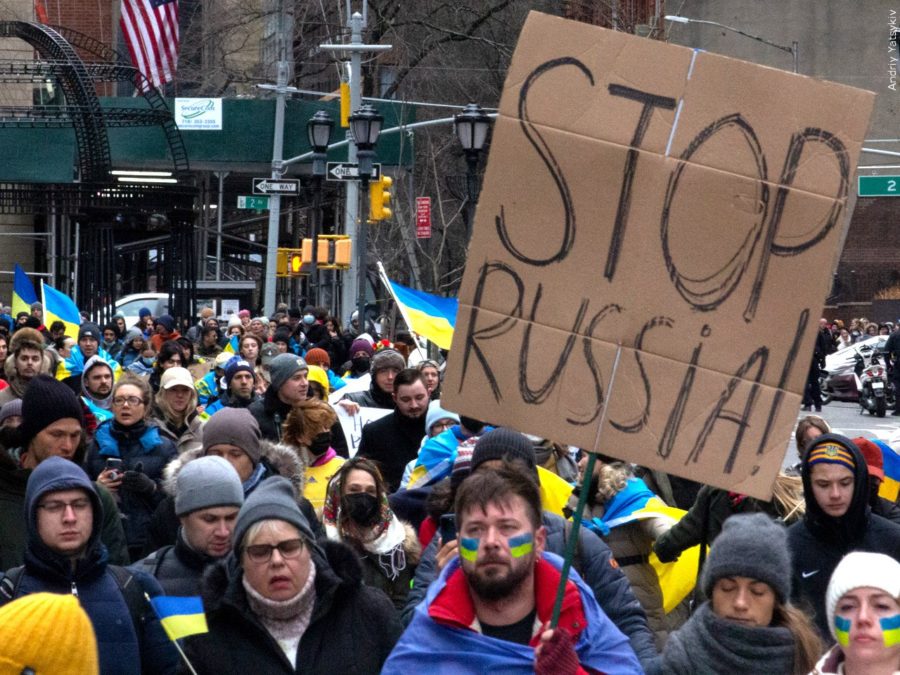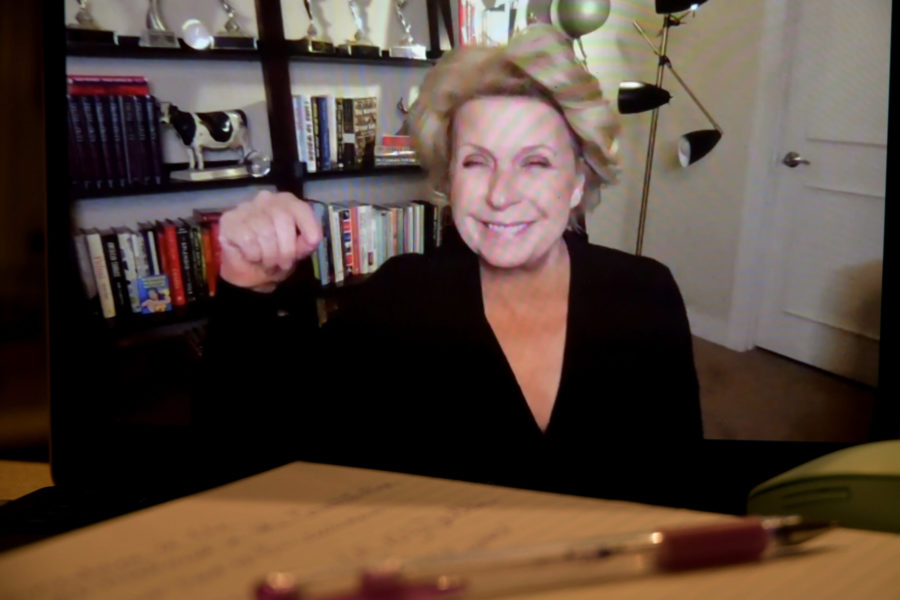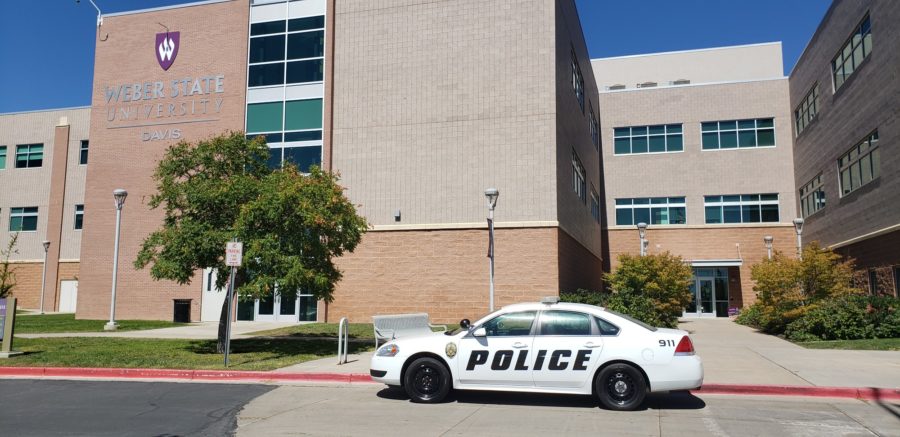Elizabeth Eckford, a “Little Rock Nine” student whose image became synonymous with the civil rights movement, spoke with students and community members at Weber State University Wednesday.
 [/media-credit]
[/media-credit]- Elizabeth Eckford, one of the “Little Rock Nine” students who desegregated Little Rock Central High School in 1957, shares her experiences with students and community members at Weber State University.
In front of a crowd that filled every available seat and left many standing or sitting on the floor, Eckford told stories from her time as a high school student at the recently desegregated Little Rock Central High School in 1957.
The image of a 15-year-old Eckford attempting to enter the school amid a crowd of angry white protesters has often been used to illustrate the struggles in the southern states during that time period.
Although her experiences were moving enough to inspire books and documentaries, Eckford said she didn’t discuss what she went through until almost 40 years later.
“I avoided the past for a very long time,” Eckford said. “I used to move around the country a lot, and there are people who have known me for years and don’t know anything about my connection to Little Rock.”
When she finally decided to talk about her past, Eckford said she wanted to share her experiences with students.
“I decided to talk about it in 1996 with some fourth graders,” Eckford said. “I opened my mouth and cried. It has been with students that I have become stronger. I particularly want to talk to students because this is my opportunity to teach.”
After being selected to help desegregate the school, Eckford attempted to enter the school several times but was unable to make it through the front doors. Angry demonstrators and the threat of violence kept students from safely reaching the school.
“I had to wait at a bus stop after being turned away from the school for a third time,” Eckford said. “There were demonstrators all around me, shouting at me. Out of the crowd somewhere, a white woman came and said to the people who were talking ugly that someday they would be ashamed of what they were doing, and that she wanted her little girl to go to school with negro boys and girls. Every statement she made made (the crowd) angrier and angrier to the point where they threatened to lynch me and her.”
Other people put themselves at risk to help Eckford, but she didn’t realize it until many years later.
“When I was sitting on that bus bench,” Eckford said, “I learned from pictures many years later that there were three white reporters immediately behind me. They decided to be a physical separation between me and the demonstrators.”
Once she finally gained access to the school, Eckford said she was harassed and bullied almost every day. She said her classmates and teachers discriminated against her. One teacher refused to touch her, and Eckford had to put papers on the teacher’s desk before she would pick them up.
Eckford was enrolled in a speech class, and it was in that class she found support from some of her white classmates.
“There were two students in that class that engaged me in conversation,” Eckford said. “They talked to me just as they talked to any other students.”
Eckford said her friendship with those students continued many years.
Maurice Crichlow, a WSU sophomore majoring in business, attended the event as a Black Scholars United volunteer. He said Eckford’s experiences were inspiring.
“My overall feeling would probably be motivation for the future,” Crichlow said. “It motivated me to make a better, more equal America.”
Mulusew Aflegn, another WSU student and BSU volunteer, said she thinks people take equality for granted and fail to appreciate the trials endured to obtain it.
“It is sad how people like her fought for us,” Aflegn said, “to make sure we got a good education and to make sure we’re treated equally. But it seems like it has no affect on us, like too many of us are taking that too lightly.”
Although Eckford has seen dramatic progression in society, she said she will never forget the things she had to endure in Little Rock, Ark.
“I have scars,” she said, “but they are internal.”













